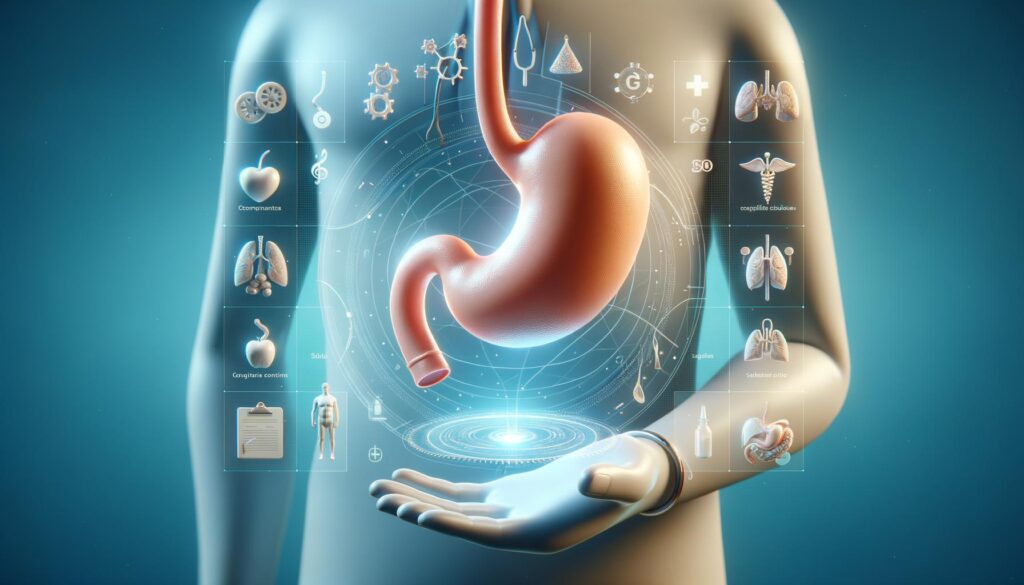Understanding Stomach Cancer: Causes, Symptoms, and Prevention

What is Stomach Cancer?
Stomach cancer, also known as gastric cancer, occurs when malignant cells form in the lining of the stomach. This disease can develop in any part of the stomach and may spread to other parts of the body if not detected early. The stomach is a crucial organ in the digestive system, responsible for breaking down food and beginning the process of nutrient absorption. Understanding stomach cancer involves not only recognizing its symptoms but also knowing the underlying causes and risk factors associated with its development.
Common Causes and Risk Factors
The exact cause of stomach cancer is not fully understood, but several risk factors have been identified that may increase the chances of developing the disease. These include:
- Helicobacter pylori infection: A common bacterial infection of the stomach lining that can lead to ulcers and potentially increase cancer risk.
- Diet: Consumption of smoked, salted, or pickled foods may increase risk.
- Family History: Having a close relative with stomach cancer can be a significant risk factor.
- Smoking: Tobacco use is linked to various types of cancer, including stomach cancer.
Environmental factors and genetics also play a role, making it essential for individuals to be aware of their personal risk factors.
Recognizing the Symptoms
Early detection of stomach cancer can improve treatment outcomes significantly. However, in its initial stages, stomach cancer might not cause noticeable symptoms. As the cancer progresses, symptoms may include:
- Persistent indigestion or heartburn
- Unexplained weight loss
- Nausea and vomiting, particularly vomiting blood
- Loss of appetite
- Stomach pain or discomfort
These symptoms can be indicative of various other conditions, so consulting a healthcare professional for an accurate diagnosis is crucial.
Diagnosis and Treatment Options
Diagnosing stomach cancer typically involves a combination of tests, such as endoscopies, biopsies, and imaging tests like CT scans. Once diagnosed, the stage of the cancer will dictate the treatment approach. Common treatments include:
- Surgery: Removal of the tumor and surrounding tissues.
- Chemotherapy: Using drugs to kill cancer cells.
- Radiation Therapy: Using high-energy rays to target cancer cells.
- Targeted Therapy: Drugs that specifically target cancer cell mechanisms.
Combining these treatments often yields the best results. Personalized treatment plans are essential, taking into account factors like the cancer’s location, stage, and the patient’s overall health.
Prevention and Future Outlook
While it is not always possible to prevent stomach cancer, certain lifestyle changes can help reduce risks. These include:
- Maintaining a healthy diet rich in fruits and vegetables.
- Reducing consumption of salty, smoked, and pickled foods.
- Avoiding tobacco and limiting alcohol intake.
- Regular medical check-ups, especially for those at higher risk.
Research on stomach cancer continues to advance, with new treatments and diagnostic methods emerging. Awareness and education remain vital in managing risk factors and promoting early detection.
Conclusion
Stomach cancer presents a significant challenge due to its subtle symptoms and various risk factors. Understanding the causes, symptoms, and available treatments is essential for those potentially affected by this disease. Preventive measures can help reduce risk, while awareness campaigns can encourage early detection, improving outcomes for many. Continued research and medical advancements hold promise for a future where stomach cancer can be effectively managed and treated.
